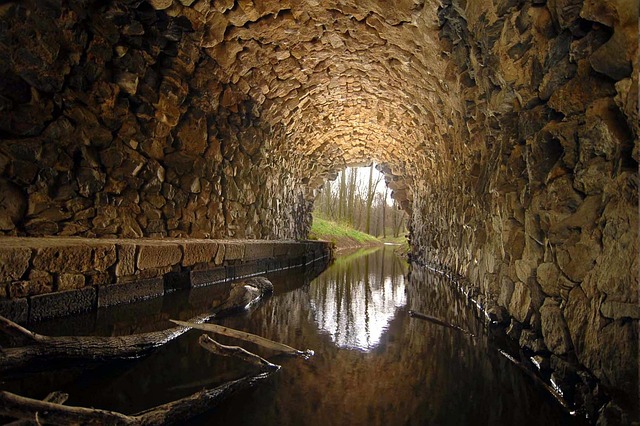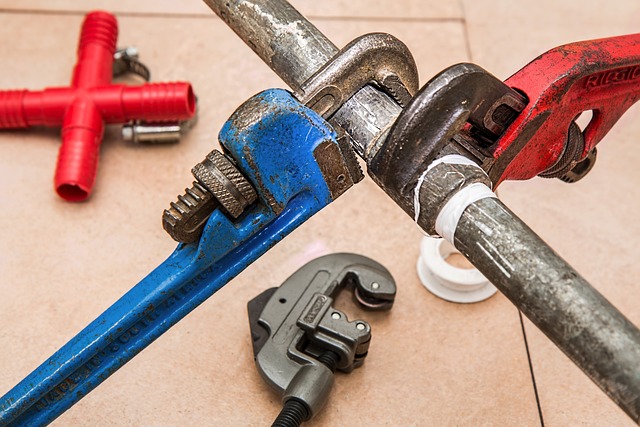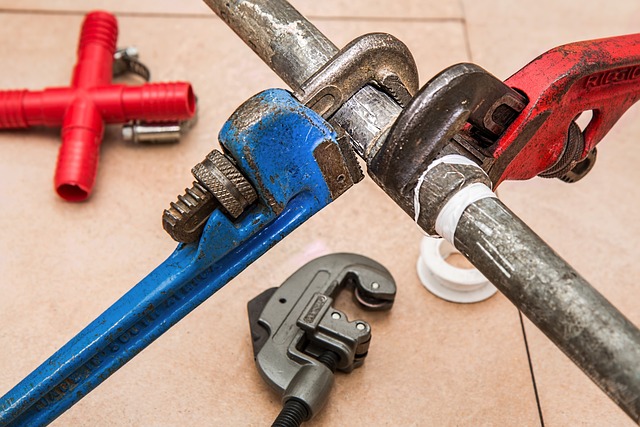The Importance of Pipeline Protectors in Safeguarding Philly’s Sewer Infrastructure
Philadelphia, known as the City of Brotherly Love, is home to a vast and intricate sewer infrastructure that plays a crucial role in maintaining the city’s cleanliness and hygiene. However, this underground network of pipelines is constantly under threat from various factors, including aging infrastructure, natural disasters, and human activities. To safeguard Philly’s sewer infrastructure, pipeline protectors have emerged as the unsung heroes, working tirelessly to ensure the smooth functioning of this vital system.
One of the primary challenges faced by Philadelphia’s sewer infrastructure is its aging pipelines. Many of these pipelines were installed decades ago and are now deteriorating, leading to leaks, blockages, and even collapses. This not only disrupts the flow of wastewater but also poses a significant risk to public health and the environment. Pipeline protectors play a crucial role in identifying these vulnerable areas and implementing proactive measures to prevent any potential disasters.
Natural disasters, such as heavy rainfall and flooding, also pose a significant threat to Philly’s sewer infrastructure. Excessive rainfall can overwhelm the system, causing it to overflow and release untreated sewage into nearby water bodies. This not only pollutes the environment but also poses a severe health risk to the residents. Pipeline protectors work closely with city officials and engineers to develop strategies that can mitigate the impact of these natural disasters on the sewer system. This includes implementing flood control measures, improving drainage systems, and conducting regular inspections to identify vulnerable areas.
Human activities, too, can have a detrimental effect on Philadelphia’s sewer infrastructure. Improper disposal of waste, including items such as grease, oil, and non-biodegradable materials, can lead to blockages and clogs in the pipelines. Additionally, construction projects that involve digging near the sewer lines can inadvertently damage the infrastructure. Pipeline protectors work tirelessly to educate the public about the importance of responsible waste disposal and collaborate with construction companies to ensure that proper precautions are taken to prevent any damage to the sewer system.
To safeguard Philly’s sewer infrastructure, pipeline protectors employ a range of innovative technologies and techniques. One such technique is the use of trenchless technology, which allows for the repair and replacement of pipelines without the need for extensive excavation. This not only minimizes disruption to the city’s streets and neighborhoods but also reduces costs and speeds up the repair process. Additionally, pipeline protectors utilize advanced monitoring systems that can detect leaks and blockages in real-time, allowing for immediate action to be taken.
The work of pipeline protectors goes beyond just safeguarding the sewer infrastructure. They also play a crucial role in protecting the environment and public health. By ensuring the smooth functioning of the sewer system, they prevent the release of untreated sewage into water bodies, reducing pollution and preserving the ecosystem. Moreover, by addressing potential risks and implementing preventive measures, they minimize the chances of disease outbreaks and protect the well-being of the residents.
In conclusion, pipeline protectors are the unsung heroes who work tirelessly to safeguard Philadelphia’s sewer infrastructure. They tackle the challenges posed by aging pipelines, natural disasters, and human activities, employing innovative technologies and techniques to ensure the smooth functioning of the system. Their work not only protects the environment but also preserves public health. As Philadelphia continues to grow and evolve, the importance of pipeline protectors in maintaining the city’s sewer infrastructure cannot be overstated.



